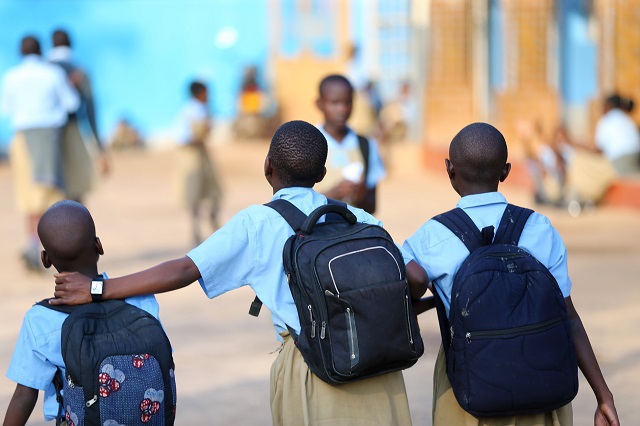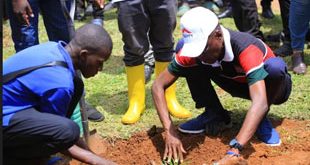
Kampala, Uganda | THE INDEPENDENT | The World Health Organisation-WHO African region manager has backed the closure of schools and ban of public gatherings in the wake of the coronavirus pandemic.
Dr Matshidiso Moeti describes the decision taken by countries like Nigeria, Kenya, Rwanda and Uganda as strong demonstrative measures to prevent the spread of the disease.
Uganda is one of few countries that has closed its schools, bars, places of worship and even banned weddings even without having any confirmed case of the highly contagious disease.
Dr Moeti says acting fast in such situations is important.
“We encourage strong measures to contain the outbreak. The local risk that people in these countries foresee including the movement of children who spend hours at places like schools where the virus can be facilitated and then go home and spread it is valid,” Dr Moeti said.
She added that such measures are instituted before the spread of cases is better than trying to control the spread of the virus.
In addition to closing schools and stopping gathering at religious places of worship, President Museveni banned all out-bound movement by Ugandans to or through 16 high-risk category countries. The countries include; Italy, France, South Korea, China, USA, United Kingdom, Netherlands, Switzerland, Sweden, Belgium, Germany, Spain, Norway Austria, Malaysia, Pakistan and San Marino.
Despite applauding African countries for their strong stand and determination to control the spread of COVID 19, Dr Moeti says they are concerned what kind of effect travel bans will have on humanitarian efforts to fight the disease.
“This is a big concern. We’re encouraging countries to take measures that will isolate the virus and minimize the isolation of countries while at the same time putting in place strong measures of identifying those that are infected. Countries are not self-sufficient. We need each other and closing borders might affect humanitarian efforts on WHO staff who might need to deliver the needed health equipment,” she explained.
Globally 225,962 cases of COVID have been confirmed. 611 are on the African continent from 33 countries. Egypt followed by South Africa have the highest number of cases standing at 210 and 116 respectively.
******
URN
 The Independent Uganda: You get the Truth we Pay the Price
The Independent Uganda: You get the Truth we Pay the Price


